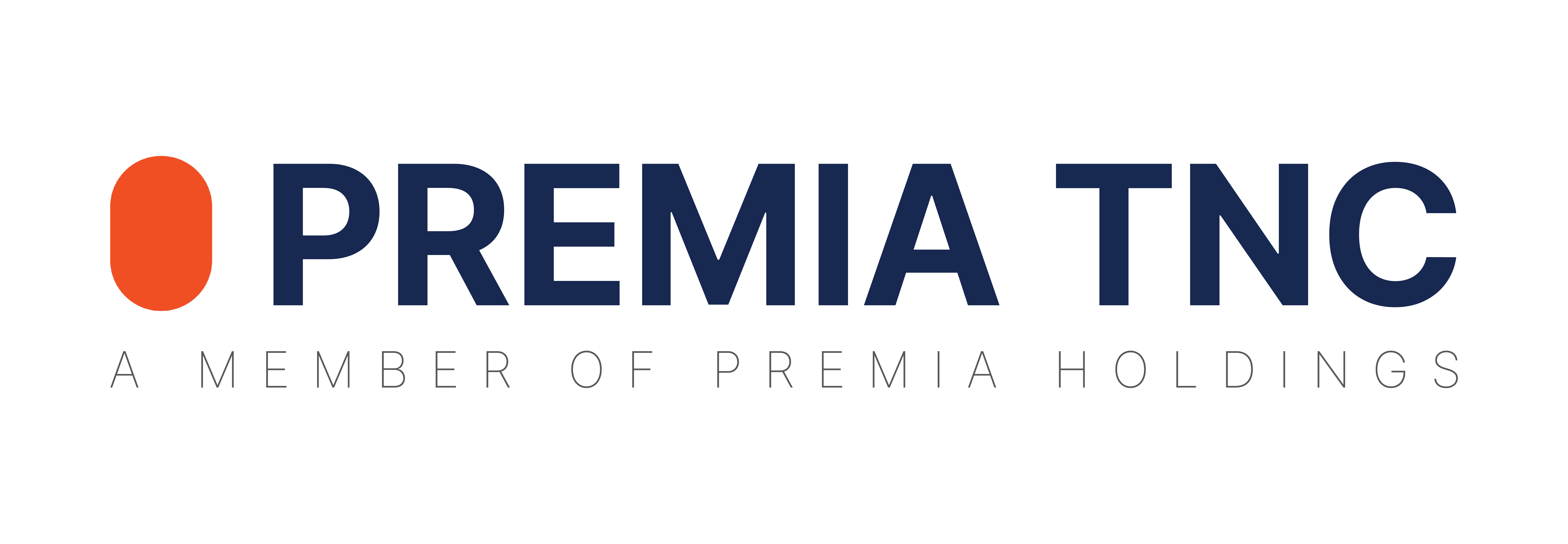



Introduction
Accounting and auditing are critical components of any business, ensuring financial transparency and compliance with regulations. In the context of Korea, the process of accounting and auditing varies depending on the type of company. This article delves into the specific requirements and procedures involved in accounting and auditing for different types of Korean companies, highlighting the key aspects that each business entity must consider to maintain financial integrity and meet legal obligations.
Accounting and Auditing for a Private Limited Company (Yuhan Hoesa)
Private limited companies, or Yuhan Hoesa, form the majority of business entities in Korea. These companies are subject to distinct legal requirements and regulations governing their financial practices. Proper bookkeeping, financial statement preparation, and adherence to tax regulations are paramount for private limited companies. Additionally, establishing robust internal control and audit procedures ensures accurate financial reporting and minimizes the risk of fraud.
- Legal requirements and regulations
- Registration and incorporation procedures
- The Companies Act and its implications
- Reporting obligations to the Korean Commercial Register
- Bookkeeping and financial statement preparation
- Double-entry accounting system
- Chart of accounts and classifications
- Preparation of financial statements, encompassing the balance sheet, income statement, and cash flow statement.
- Taxation considerations
- Corporate income tax
- Value-added tax (VAT)
- Withholding tax obligations
- Internal control and audit procedures
- Internal control frameworks (e.g., COSO)
- Internal audits and risk assessments
- The role of external auditors in private limited companies
Accounting and Auditing for a Public Limited Company (Chusik Hoesa)
Public limited companies, known as Chusik Hoesa, are subject to stringent regulations and must adhere to the guidelines set by the Korean Financial Services Commission (FSC). These companies have a responsibility to maintain transparency and disclose essential financial information to shareholders and stakeholders. The external audit process plays a crucial role in providing independent assurance on the company’s financial statements.
- Compliance with the Korean Financial Services Commission (FSC) regulations
- Corporate governance requirements
- Transparency and disclosure standards
- Filing of financial statements with the FSC
- Disclosure and transparency requirements
- Annual reports and financial disclosures
- The role of the Audit Committee
- Shareholder communication and engagement
- External audit process and independence
- Appointment of external auditors
- Auditor independence and ethical considerations
- Audit opinion and report issuance
- Reporting to shareholders and stakeholders
- Shareholder meetings and voting procedures
- Interim and annual financial reporting
- Investor relations and corporate communications
Accounting and Auditing for a Limited Liability Company (Yuhan Chaekim Hoesa)
Limited Liability Companies (LLCs) are a popular choice for small and medium-sized enterprises (SMEs) in Korea. The accounting and auditing requirements for LLCs are tailored to suit their unique characteristics and business operations. Proper adherence to accounting standards and tax compliance is essential for the smooth functioning of an LLC.
- Unique features and characteristics of LLCs
- Limited liability protection for members
- Flexible management structure
- Capital requirements and contributions
- Accounting standards and guidelines
- Korean Generally Accepted Accounting Principles (KGAAP)
- Small and medium-sized entity accounting (SMEA)
- Financial reporting requirements for LLCs
- Financial reporting and tax compliance
- Financial statements for LLCs
- Tax obligations and reporting for LLCs
- Special considerations for tax planning
- Role of auditors in an LLC
- Importance of independent audits
- Auditor’s opinion and report
- Value-added services provided by auditors
Accounting and Auditing for a Foreign-Invested Company (Foreign Invested Enterprise – FIE)
Foreign-Invested Companies, also known as Foreign Invested Enterprises (FIE), are entities where foreign investors hold ownership stakes. These companies face specific regulatory requirements and considerations regarding currency exchange and cross-border transactions.
- Regulatory framework and government agencies involved
- Foreign Investment Promotion Act (FIPA)
- Korean Ministry of Trade, Industry, and Energy (MOTIE)
- The role of the Korea Trade-Investment Promotion Agency (KOTRA)
- Currency and exchange rate considerations
- Foreign currency transactions and reporting
- Exchange rate risk management
- Compliance with foreign exchange regulations
- Reporting requirements for foreign investors
- Reporting obligations to the Korean government
- Repatriation of profits and capital
- Tax implications for foreign investors
- Tax implications for foreign companies operating in Korea
- Corporate income tax for FIEs
- Transfer pricing considerations
- Tax treaties and exemptions
Accounting and Auditing for a Small and Medium-sized Enterprise (SME)
The foundation of Korea’s economy is made up of small and medium-sized businesses (SMEs). Recognizing their significance, the Korean government has developed simplified accounting and reporting standards to facilitate their operations. Additionally, SMEs can benefit from specific audit requirements and government support programs.
- Definition and classification of SMEs in Korea
- Criteria for SME classification
- Benefits and support available to SMEs
- Special tax incentives
- Simplified accounting and reporting standards for SMEs
- SME accounting principles (SMEAP)
- Financial statement preparation for SMEs
- Reduced disclosure requirements
- Auditing requirements for SMEs
- Audit exemption for certain SMEs
- External audit considerations for SMEs
- Audit’s role in enhancing SME credibility
- Government support and incentives for SMEs
- Financial support and grants
- Export promotion programs
- R&D tax credits
Accounting and Auditing for a Non-Profit Organization (NPO)
Non-profit organizations (NPOs) play a crucial role in social welfare and community development. While their primary focus is not profit generation, they must adhere to specific accounting and auditing standards to ensure proper management of funds and compliance with donation regulations.
- Legal framework for NPOs in Korea
- NPO registration and incorporation
- The role of the Ministry of Health and Welfare (MOHW)
- Compliance with the Act on the Promotion of Specific Non-Profit Purposes
- Fund accounting and budgeting for NPOs
- Restricted and unrestricted funds
- Budget allocation and monitoring
- Donor reporting and transparency
- Compliance with donation and grant regulations
- Restrictions on fund usage
- Grant reporting and accountability
- Auditing challenges for NPOs
- Auditing challenges and considerations for NPOs
- Independence and objectivity of auditors
- Non-financial performance indicators
- Communicating audit findings to stakeholders
Special Considerations for Holding Companies
Holding companies are entities that control other companies through ownership of their shares. Accounting and auditing for holding companies involve unique challenges and responsibilities related to their subsidiaries and investments.
- Accounting for subsidiaries and investments
- Consolidation of financial statements
- Equity method accounting for investments
- Fair value accounting for financial assets
- Consolidated financial statements
- Reporting on a group level
- Elimination of intercompany transactions
- Non-controlling interests and equity attribution
- Intercompany transactions and eliminations
- Transfer pricing considerations
- Intercompany loan transactions
- Elimination of double-counting in financial reporting
- Auditing complexities in a group structure
- Auditing subsidiary financial statements
- Audit scope and materiality
- Auditor’s responsibilities in assessing group performance
Differences in Accounting and Auditing Standards for International Companies
International companies operating in Korea face challenges related to different accounting and auditing standards used in their home countries and Korea. This section explores the key differences and their impact on financial reporting and auditing processes.
- International Financial Reporting Standards (IFRS) vs. Korean Generally Accepted Accounting Principles (KGAAP)
- Convergence efforts between IFRS and KGAAP
- Key differences in accounting treatments
- Impact on financial statement comparability
- Foreign exchange and translation issues
- Translation of foreign subsidiary financial statements
- Changes in exchange rates and their effect on profits
- Hedging foreign exchange risk
- Cross-border audit coordination and challenges
- Coordination between auditors in different jurisdictions
- Handling cross-border information exchange
- Compliance with international audit standards
- Compliance with both home country and Korean reporting requirements
- Dual reporting challenges
- Multinational group audits
- Audit opinions and communication with stakeholders
Technology and Automation in Accounting and Auditing
Advancements in technology have transformed the accounting and auditing landscape. Korean companies are increasingly adopting digital solutions to streamline financial processes and enhance audit efficiency.
- Adoption of accounting software in Korean companies
- ERP systems and accounting modules
- Cloud-based accounting solutions
- Benefits and challenges of digital transformation
- Data analytics and artificial intelligence in auditing
- Use of data analytics tools for audit planning
- Predictive analytics in fraud detection
- Robotic process automation (RPA) in auditing
- Preserving the privacy and security of data in a digital context
- Cybersecurity measures for accounting data
- Compliance with data protection laws
- The role of auditors in assessing data security
- The role of blockchain in financial reporting and auditing
- Blockchain-based financial transactions
- Immutable audit trails with blockchain
- Potential impact on audit procedures and trust
Impact of COVID-19 on Accounting and Auditing Practices in Korea
The COVID-19 pandemic brought unprecedented challenges to businesses worldwide, including those in Korea. Accounting and auditing practices had to adapt to remote work and changing economic conditions.
- Remote auditing and virtual engagements
- Virtual audit fieldwork and interviews
- Use of video conferencing tools
- Addressing challenges of remote auditing
- Changes in accounting policies due to the pandemic
- Impairment testing of assets
- Revenue recognition for disrupted operations
- Accounting for government support and relief programs
- Government measures to support businesses during COVID-19
- Economic stimulus packages
- Tax deferrals and reductions
- Impact on financial reporting and audits
- Long-term implications on financial reporting and auditing practices
- Business continuity planning and risk assessments
- Resilience and sustainability reporting
- Lessons learned from the pandemic for future preparedness
Conclusion
Accounting and auditing form the bedrock of financial transparency and credibility for Korean companies of different types. Adhering to specific requirements and procedures ensures accurate financial reporting and compliance with regulations. Whether it’s a private limited company, public limited company, limited liability company, foreign-invested enterprise, small and medium-sized enterprise, or a non-profit organization, each entity must approach accounting and auditing with precision and diligence. As the business landscape continues to evolve, embracing technology and adapting to changing conditions will be key to maintaining the financial health and success of Korea’s diverse business community.






















